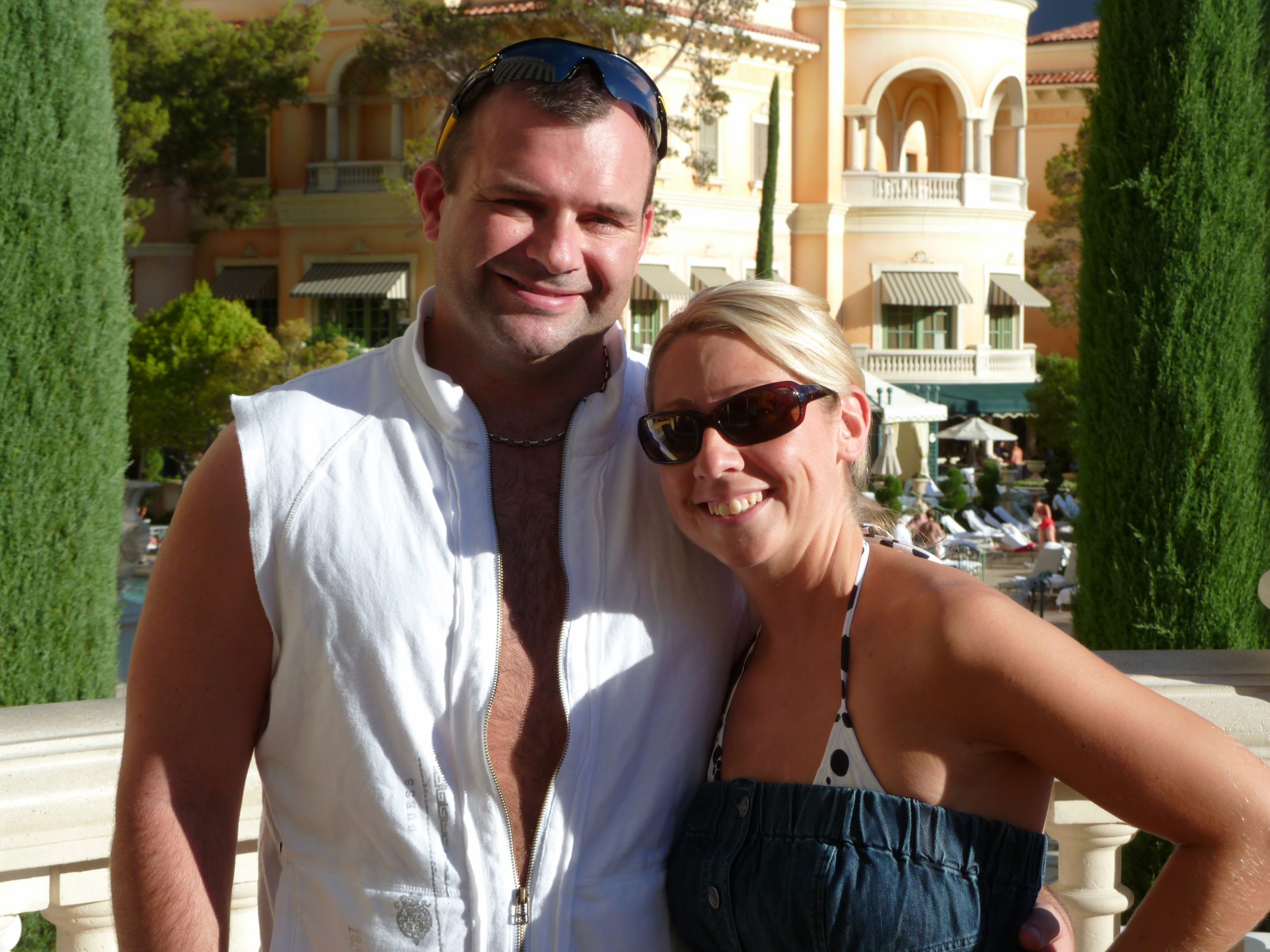
Minor hockey provides a critical foundation for young players, setting the stage for their development both on and off the ice. Coaches in this realm play a pivotal role in shaping athletes’ skills, attitudes, and overall performance. Implementing effective coaching strategies is essential to ensure that players not only improve their hockey abilities but also enjoy the sport and develop valuable life skills. This article explores various techniques that can help coaches enhance skills and performance in minor hockey.
Creating a Positive Learning Environment
The foundation of effective coaching begins with fostering a positive learning environment. Young athletes thrive in settings where they feel supported, respected, and valued. Coaches should prioritize building solid relationships with their players, encouraging open communication, and promoting teamwork. Celebrating small victories and providing constructive feedback helps players feel motivated and engaged.
Setting Clear Goals and Expectations
Establishing clear, achievable goals is crucial for both individual players and the team as a whole. Coaches should work with players to set specific, measurable, attainable, relevant, and time-bound (SMART) goals. For example, a player might aim to improve their skating speed or enhance their passing accuracy. Clear goals help players focus their efforts and track their progress. Additionally, outlining expectations for behavior, effort, and teamwork ensures that all players understand what is required of them.
Focusing on Skill Development
Skill development is at the heart of hockey coaching. Coaches should design practice sessions that target vital skills such as skating, passing, shooting, and puck handling. Incorporating a variety of drills that challenge players and replicate game situations helps them improve their technical abilities. For instance, incorporating drills that simulate power plays or penalty kills can prepare players for real-game scenarios.
Incorporating Game Situations
Practicing skills in isolation is essential, but players also need to understand how to apply these skills in game situations. Coaches should create drills that mimic the flow of a game, including drills that focus on positioning, decision-making, and adapting to opponents’ strategies. Scrimmages are a valuable tool for allowing players to test their skills in a game-like environment while also working on teamwork and communication.
Emphasizing Teamwork and Communication
Hockey is a team sport, and effective communication and teamwork are essential for success. Coaches should encourage players to work together, both on and off the ice. This can be achieved through team-building activities, group discussions, and collaborative drills. Emphasizing the importance of supporting one another and maintaining a positive attitude can foster a strong sense of camaraderie among players.
Encouraging Self-Assessment and Reflection
Self-assessment and reflection are potent tools for player development. Coaches should encourage players to evaluate their performance, identify areas for improvement, and set personal goals. Providing opportunities for players to review game footage or practice sessions can help them gain insights into their strengths and weaknesses. Coaches can also guide players in setting actionable steps to address areas that need improvement.
Promoting Physical Conditioning and Injury Prevention
Physical conditioning is crucial for hockey players, as the sport demands a high level of fitness and endurance. Coaches should incorporate off-ice training routines that focus on strength, agility, and cardiovascular fitness. Additionally, educating players about injury prevention techniques, such as proper stretching and body mechanics, can help reduce the risk of injuries. Ensuring that players have adequate rest and recovery time is also essential for maintaining overall health and performance.
Adapting to Individual Player Needs
Every player is unique, with different strengths, weaknesses, and learning styles. Effective coaches recognize these differences and adapt their coaching strategies accordingly. Tailoring drills and feedback to individual players’ needs can enhance their development and confidence. For instance, a player struggling with shooting accuracy may benefit from targeted drills and one-on-one coaching sessions focused on this skill.
Fostering a Love for the Game
Ultimately, one of the most critical aspects of coaching minor hockey is instilling a love for the game. Coaches should create an environment where players feel excited and passionate about hockey. Incorporating fun activities, celebrating achievements, and emphasizing the joy of playing can sustain players’ enthusiasm and commitment to the sport.
Effective coaching in minor hockey involves a multifaceted approach that addresses skill development, teamwork, communication, and player well-being. By creating a positive learning environment, setting clear goals, focusing on skill development, incorporating game situations, and fostering teamwork, coaches can significantly enhance their players’ skills and performance. Additionally, promoting self-assessment, physical conditioning, and a love for the game ensures that players not only improve on the ice but also develop valuable life skills. Implementing these strategies can lead to a more rewarding experience for both coaches and players, paving the way for future success in hockey and beyond.